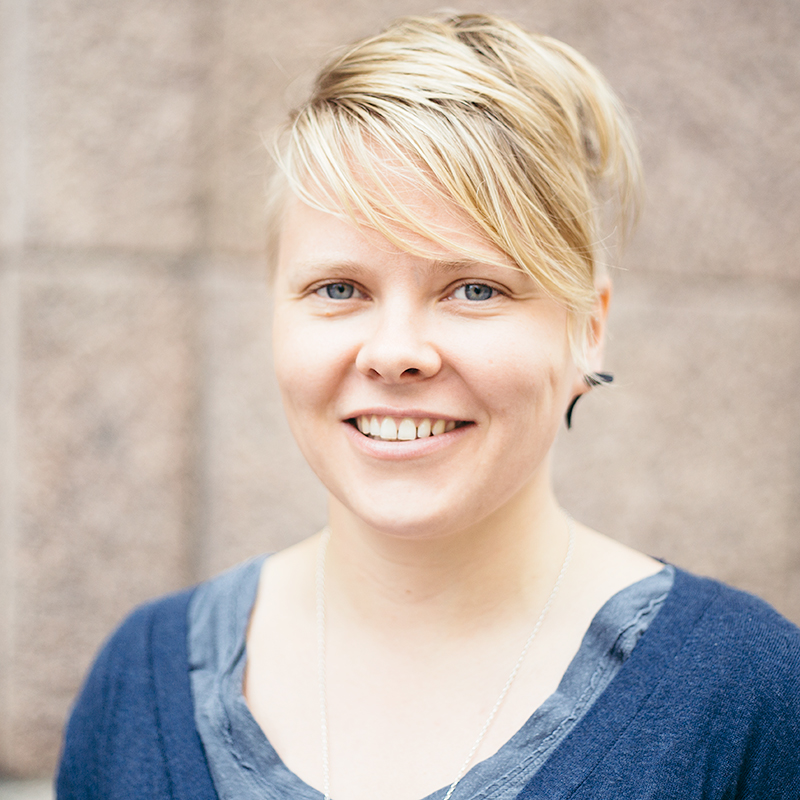
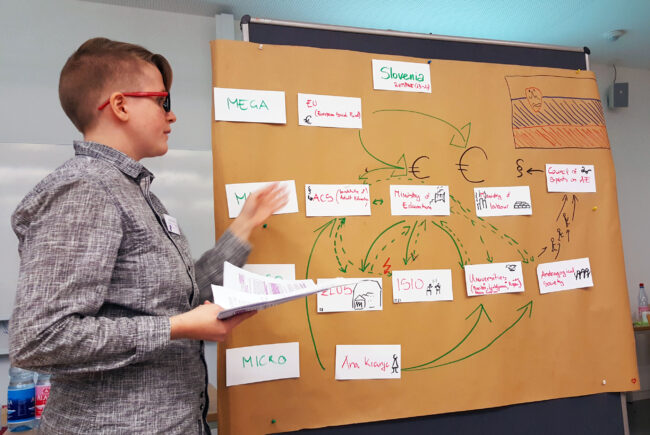
Comparing different models and theories is an essential part of the Winter School. Photo: Anne Tastula
Comparing different models and theories is an essential part of the Winter School. Photo: Anne Tastula
We asked four students from different parts of the world to reflect on their experience at the international Winter School of Adult Education and Lifelong Learning.
The “International Winter School International and Comparative Studies in Adult Education and Lifelong Learning“ was arranged for a seventh time in 2020 in n Würzburg, Germany.
Nearly hundred master and PhD students along with adult education practitioners from all over the world gathered at Julius-Maximillian University, and dedicated two weeks to analysing and comparing international and European strategies in lifelong learning. Besides learning theories of Paulo Freire and comparing social policy models, participants got to familiarise themselves with adult education providers in Germany on field visits.
We talked to a few participants about their experiences at the 2020 Winter School and asked them each the following questions:
1.What made you interested in attending the Winter School?
2. What are the most important insights you have gained here?
3.Out of what you have learnt, what resonates the most with the adult education field in your country?
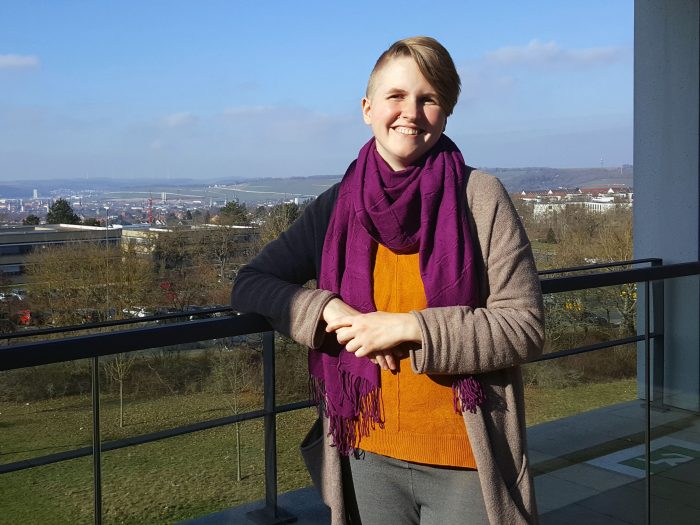
Leopold Štefanič / Photo: Anne Tastula
Leopold Štefanič
MA student at University of Ljubljana, Slovenia
“Last year couple of my classmates attended the Winter School and recommended it. I enjoy discussing theories and looking at the practice through theories, so this fit my interests.
I was already quite familiar with the model and theories presented here. Some of it we did at the university, some have been a personal interest of mine, like Freire – I really loved how I got to expand upon them. I have gained new knowledge on how culture ties into the system of adult education in different countries, and how this relates to global power. Of course, getting to know so many new people is also a big plus in professional, social and cultural sense.
I have gained new knowledge on how culture ties into the system of adult education in different countries.
Some of the practitioners and institutions we visited had very similar systems to the ones in Slovenia, which I did not expect. On the other hand, chamber of commerce here was nothing like in Slovenia, because we don’t have the dual education system, even though Slovenia tried to implement it. Again, I can look at these similarities and differences through the history and see how they are reflected by the practitioners here.”
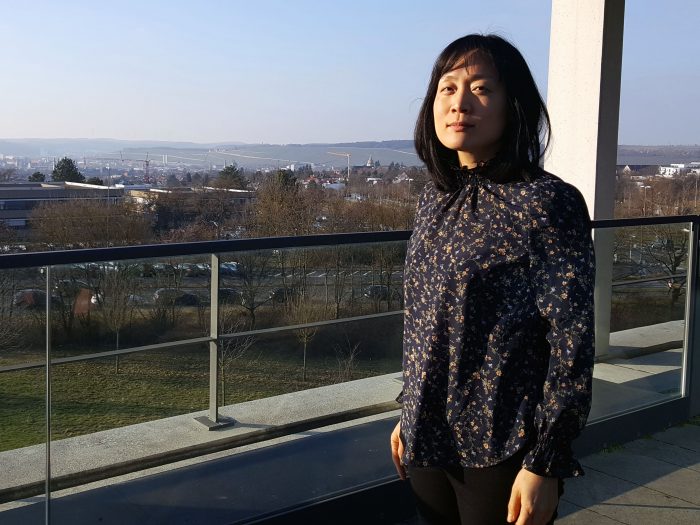
Hyejeen Lim / Photo: Anne Tastula
Hyejeen Lim
PhD student at Seoul National University, Republic of Korea
“I majored in psychology and studied neuroscience, which is very different from lifelong learning, the topic I am doing my PhD on. So, I thought it would be good for me to understand what adult education is globally.
I have gotten to know the education systems in other countries, which is really interesting. I was surprised to see that adult education is deemed so important globally, and I really see the need to develop lifelong learning programs in my country. I now have a broader and more global understanding of the topic, which will help with my studies back in Korea.
I was surprised to see that adult education is deemed so important globally.
In Europe, a lot of lifelong learning is funded by EU, but in South Korea it has to be funded by the organisations or schools themselves. EU also makes strong connections possible, and EU countries collaborate a lot on adult education. This is interesting, and I think we need that in South Korea as well.”
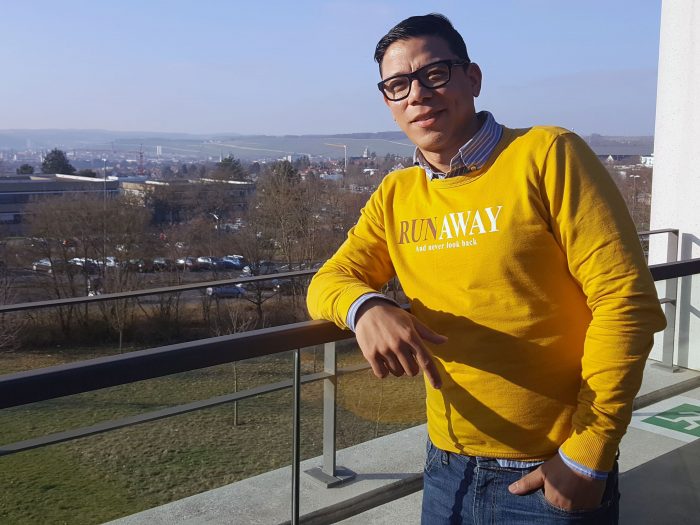
Mario Molina / Photo: Anne Tastula
Mario Molina
PhD student at Autonomous University of Barcelona & English language and pedagogy teacher at University of Los Andes, Columbia
“I majored in language teaching, so I have been exposed to different theories and approaches to learning. Freirean concepts are really important to me; I share that philosophy of education that we need to make the students feel important and valuable and get to know about their interests. Also, ever since I started my PhD in Europe, I have been interested in Europe. I’m fascinated by the European culture; the vibe is so different from Columbia or US.
Sadly, in Columbia the best universities are the private ones.
As I did all the readings on Freire before as preparation for winter school, the most valuable learnings I have had are from the classmates and their experiences.
Since I work for a private university, I am really privileged and have a lot of flexibility as a teacher in my curriculum and syllabus. Sadly, in Columbia the best universities are the private ones, because they have more financial resources, but the tuition is not cheap. For the past 4-5 years the government has provided scholarships for students, which is a mature thing, a breaking point in the Columbian history. After Winter School I feel more empowered and committed to take advantage of that flexibility that I have. I feel it is my duty to incorporate more of these theories into my teaching.”
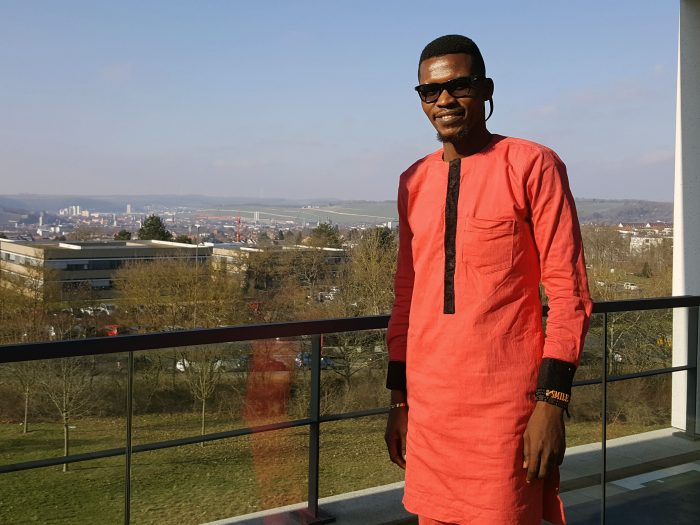
Tobi Iyaomolere / Photo: Anne Tastula
Tobi Iyaomolere
PhD student at University of Lagos, Nigeria
“I previously attended a summer school in Nigeria with Germans, where we discussed the policies of adult education in our home countries. I wanted to broaden my knowledge about these subjects in other countries of the world.
Here I am looking at education from another perspective, one where I am involved in the activity.
I feel I have gained a new way of studying and working here. I am not used to working independently within groups, discussing theories and framework and then drawing our conclusions. In Nigeria is that we are told what we should research on, and then present it on a seminar paper. Here I am looking at education from another perspective, one where I am involved in the activity. Not just having someone putting all these ideas on you. Very Freirean!
Through the field visits I realised that the institutions here are well backed up by the government. There is also good communication between community and the organisations. The community members voluntary come to the training – in my country the community will order who will go. In my culture and tradition, one needs to have a certain position and be a certain age to get a point through. No matter how smart or educated you are, if you are younger, you do not know. These kinds of things prevent the communities from working in their full power.“
Author
